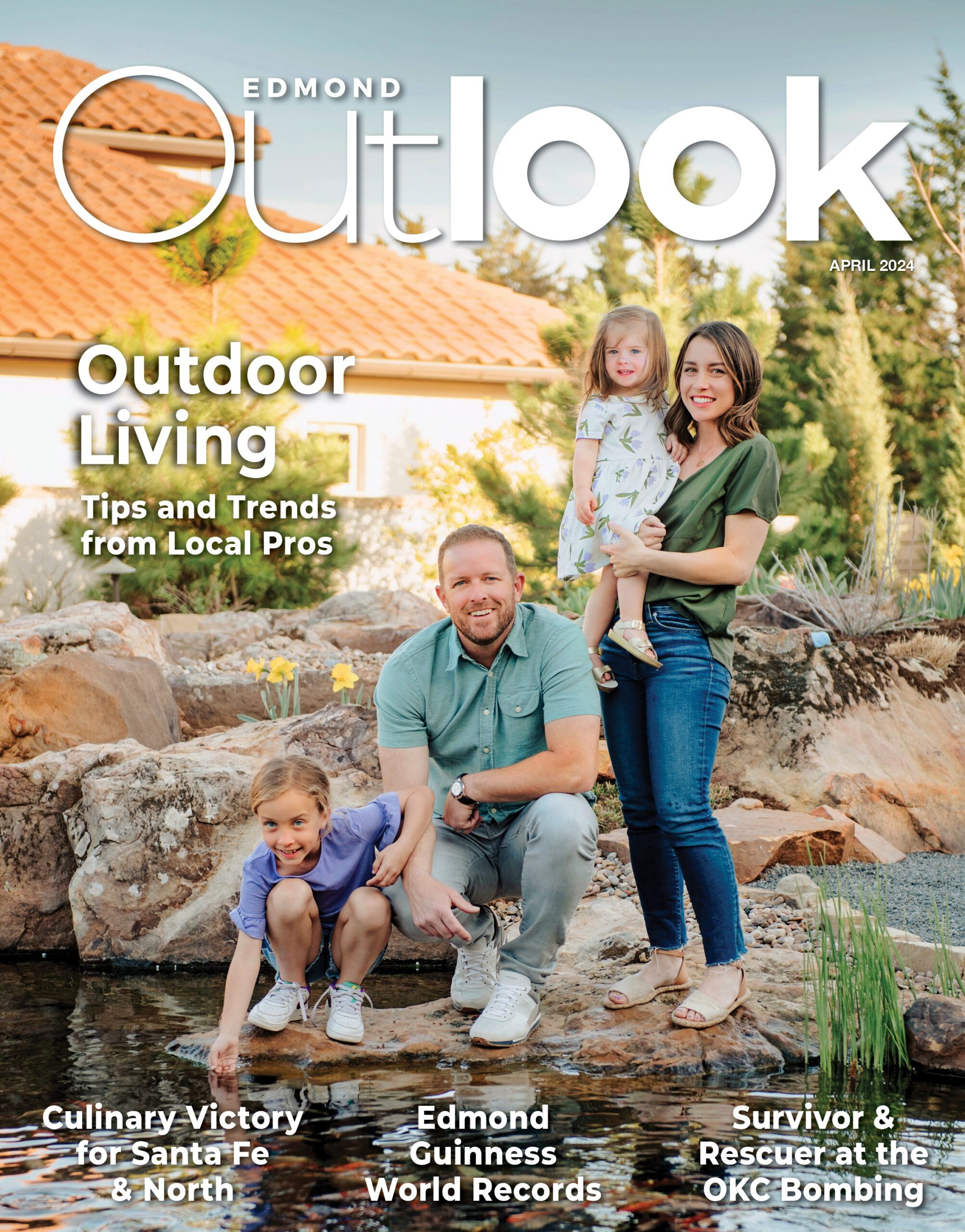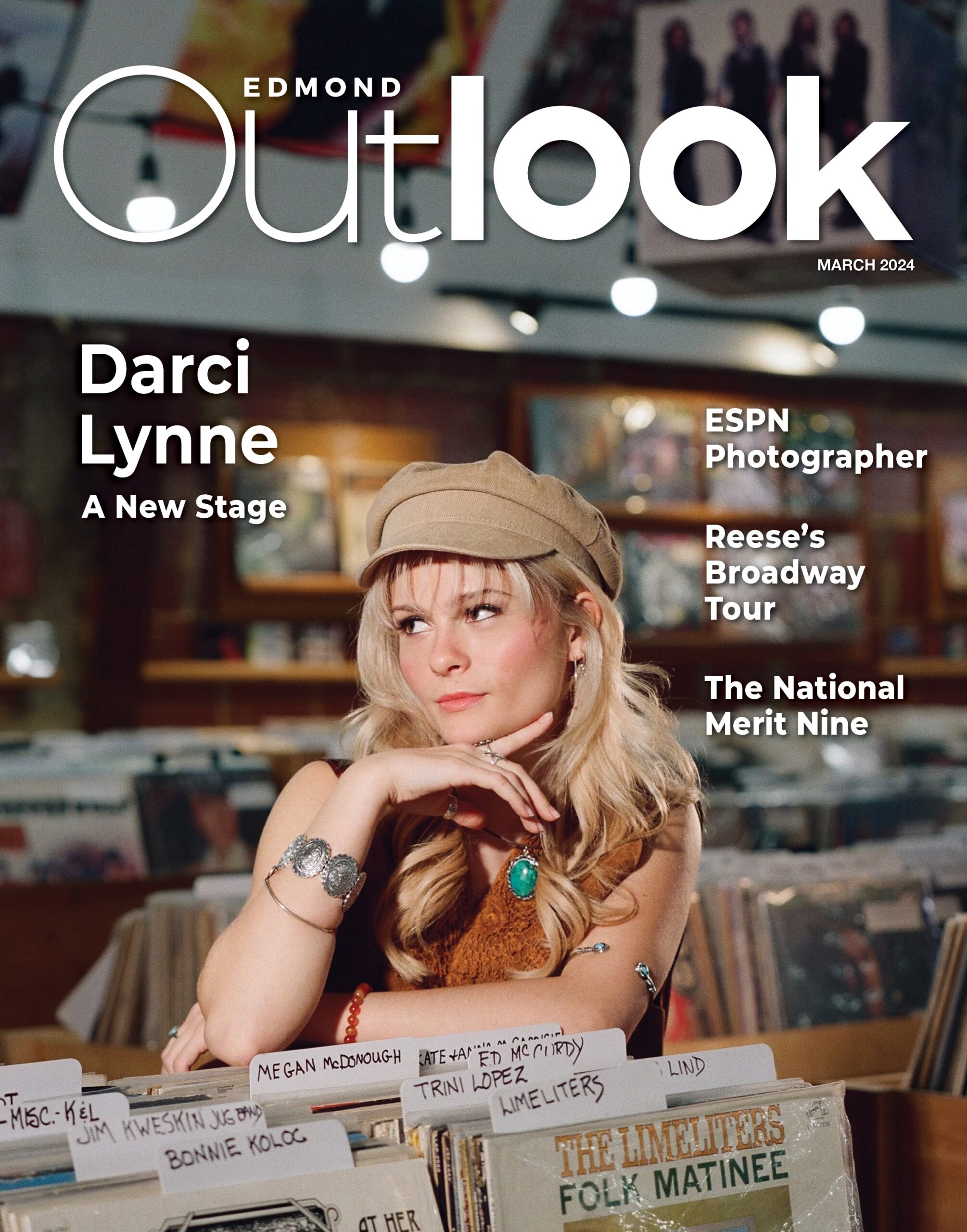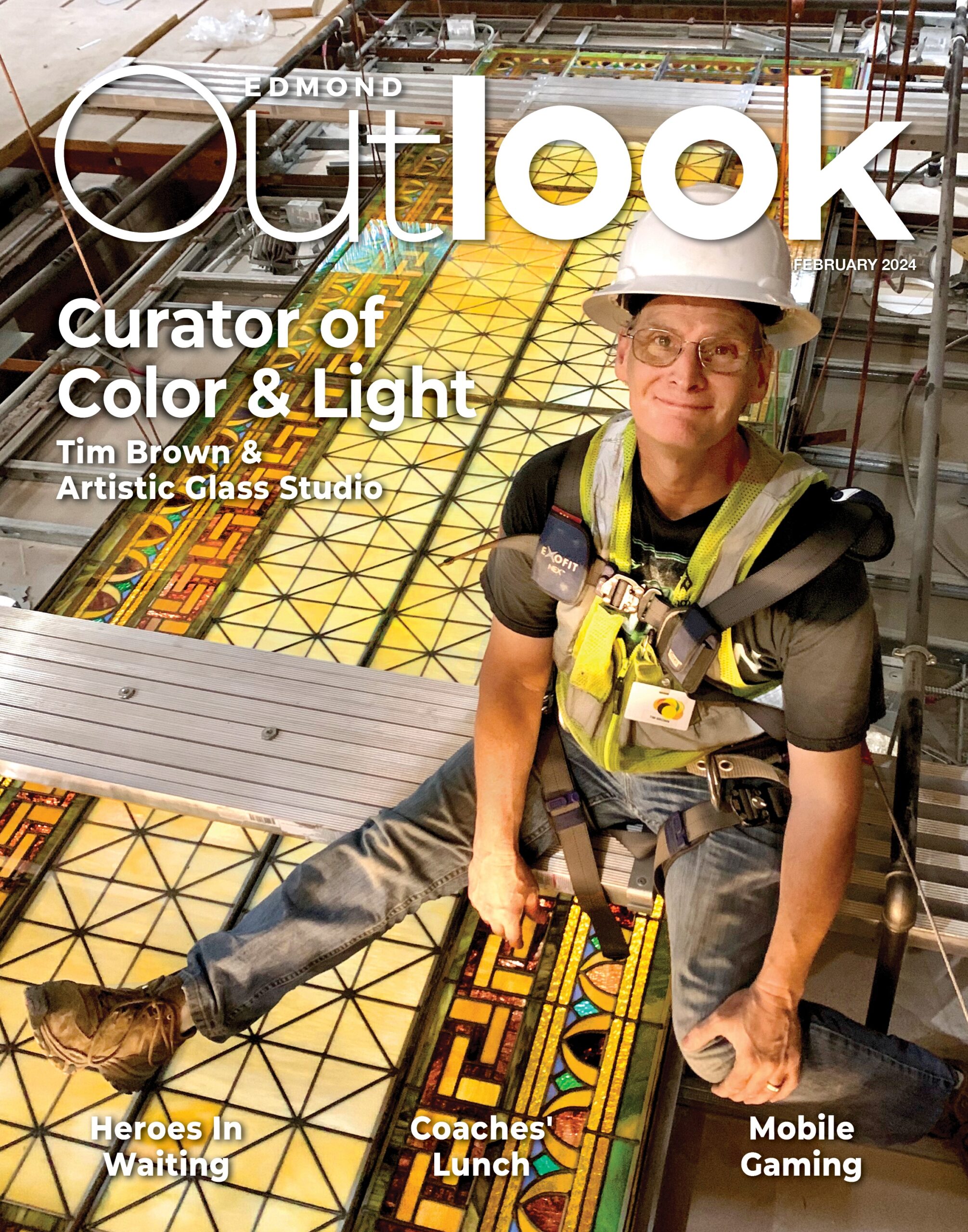Best of the Best
Having a physical disability doesn’t take a person out of the running to become one of the nation’s best athletes. Just ask the Paralympic athletes who train at the University of Central Oklahoma.
The United States Olympic Committee recently named UCO as an official Olympic training site for sitting volleyball, archery and all other Paralympic sports. It’s the formal stamp on a program that’s been going strong since 2005.
Paralympic participants at UCO are elite athletes whose physical disabilities are almost an afterthought. Hours spent on weight lifting, conditioning and perfecting their skills, has put them among the top-rated athletes in the world – among both the disabled and the able-bodied.
Edmond’s Roderick Green was born without his right ankle and fibula, and when he was 2-years-old, his leg was amputated below the knee. But Green never knew that he was different from anybody else. As an active youngster, he participated in the same sports as all his friends. When it came time for college, he received a scholarship to play at Oklahoma Christian University – competing against able-bodied players even though he had a prosthetic leg.
During his sophomore year, he discovered the Paralympics – and he’s never looked back. “I try to have the killer mentality that it takes to be a killer athlete,” he says. “You come into this with the idea that you want to be the best. If you’re not in it to be the best, especially at this level, you probably shouldn’t do it.”
Green is training for the 2012 Paralympics in London. He’s a member of the track and field team and the sitting volleyball team. Along the way, he’s earned a spot on an amputee basketball team that will compete around the nation.
“The Paralympics have gotten more attention in recent years, but there are also more legitimate athletes now – you don’t have one or two athletes dominating,” he says. “People are training full-time, and the competition has skyrocketed. Anybody can show up on any given day and win.”
Green trains for the 100-meter event in track and field, as well as volleyball. Giving him a big boost along the journey is the UCO community, which has embraced Paralympics and its athletes.
“There’s an open-mindedness and warm welcome from the people and the student body,” Green says. “It helps you as an athlete when people are interested in what you’re doing. When you see people who aren’t your everyday friends cheering you on – that’s the really cool thing about it.”
Treated Like Anyone Else
Falling 422 feet off the side of a mountain changed everything in an instant for T.J. Pemberton. The former Oklahoma City firefighter was on a deer hunting trip in southeastern Oklahoma when he fell, suffering broken bones (including three vertebrae), a brain injury and a severed nerve in his right leg. He was given a 50 percent chance of survival – and his last rites.
“Two days later, I woke up, pulled the tube out of my mouth and asked for a cheeseburger,” Pemberton says. “After the seventh week, my buddies picked me up and drove me back out into the woods.”
It wasn’t long before Pemberton again found archery, a sport he began at age nine. He was soon proving himself among both disabled and able-bodied competitors, and now he’s literally aiming for the 2012 Paralympic Games.
“I’m ranked 15th in the United States in able-bodied and 4th in the world in the Paralympics,” he says.
Pemberton shoots both sitting in a wheelchair, as well as standing while leaning against a support. Someone has to pull his arrows for him now, he says, but otherwise, he’s just like any other competitor.
“I don’t want to be treated any differently,” he says. “Archery is one of the few sports where there’s not much variance from able-bodied to disabled. The difference is that I’m sitting in a wheelchair or wearing a brace.”
Pemberton likes to say that archery is 40 percent physical, 50 percent mental and 10 percent luck. During a competition, he may shoot four or five days in a row, launching 72 to 288 arrows a day. “If you don’t have your mental game, you will lose every time. You have to concentrate on every shot,” he says. “It’s not a sprint. It’s a true marathon.”
“I’m no different whatsoever,” he says. “There may be something wrong with my body, but I can still do things like others, just a little differently.”


